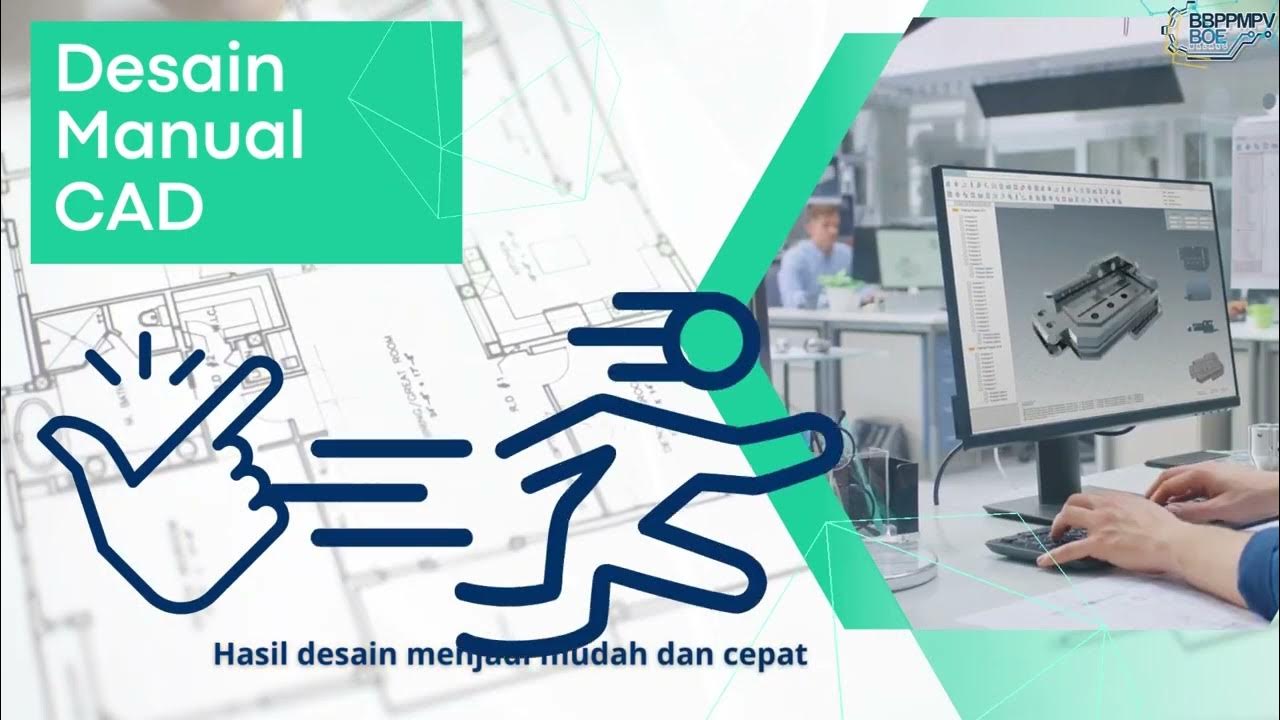22. Work-Life Balance and the Division of Labour
Summary
TLDRThe script highlights the evolving landscape for women entrepreneurs in India, focusing on their struggles and triumphs. While societal and cultural expectations often place a heavy burden on women to balance business and family roles, significant progress is being made. Government and NGO support, along with increasing educational opportunities, are empowering women to venture into both traditional and non-traditional industries. Despite challenges like gender biases, lack of support, and health issues, women entrepreneurs are breaking barriers, leveraging technology, and finding ways to maintain a healthier work-life balance. Their resilience is paving the way for a more inclusive entrepreneurial ecosystem.
Takeaways
- 👩💼 India’s sociocultural evolution has empowered many women to recognize their potential and embark on entrepreneurial journeys across diverse fields.
- 🏛️ Government and non-government organizations are actively supporting women entrepreneurs through training programs, funding opportunities, and development initiatives.
- ⚖️ Women entrepreneurs in India face significant challenges balancing family responsibilities, cultural expectations, and professional ambitions.
- 🌸 Despite constitutional guarantees of gender equality, gender disparity persists, especially in rural India, where traditional norms still discourage women from working outside the home.
- 💪 Prominent women entrepreneurs like Kiran Mazumdar-Shaw, Indra Nooyi, and Sudha Murthy serve as inspirations for aspiring female business leaders.
- 💰 Major barriers for women entrepreneurs include limited access to finance, education, mobility, family support, and societal confidence in their entrepreneurial abilities.
- 🧠 Work-life imbalance often leads to health issues such as stress, insomnia, and emotional exhaustion among women entrepreneurs due to prolonged working hours and multitasking.
- 👨👩👧👦 Lack of family and social support, combined with caregiving duties, increases stress and makes it harder for women to sustain entrepreneurial success.
- 🕒 Effective strategies for work-life balance include time management, delegation, stress management, and leveraging family and community support.
- 💻 Technological tools like remote work platforms, cloud access, automation, and flexible working hours help women entrepreneurs manage businesses more efficiently.
- 🤝 Building strong interpersonal and professional networks enables women to share experiences, gain insights, and enhance leadership and communication skills.
- 🌍 Women entrepreneurs in developed countries (e.g., Canada, the US, Germany, the UK) experience better work-life balance compared to those in developing nations due to more supportive socioeconomic conditions.
- 🧘♀️ Continuous self-development, stress management, and using technology effectively can help women entrepreneurs maintain both productivity and well-being.
Q & A
What is the main theme of the transcript?
-The transcript explores the challenges and progress of women entrepreneurs in India, focusing on their efforts to balance professional and personal responsibilities amidst cultural, social, and economic barriers.
How have social and cultural dynamics in India changed over time for women?
-With evolving socio-cultural dynamics and increased educational opportunities, women in India have become more aware of their potential, leading to a rise in women entrepreneurs across both traditional and non-traditional sectors.
What are some traditional and non-traditional fields where Indian women are becoming entrepreneurs?
-Traditional fields include beauty care, fashion, and garment making, while non-traditional fields include education, finance, entertainment, and technology-based ventures.
What challenges do women entrepreneurs in India face when balancing work and family life?
-Many women struggle to balance their roles as entrepreneurs, mothers, and caregivers due to societal expectations, lack of family support, time constraints, and health issues caused by stress and overwork.
What government and non-government initiatives exist to support women entrepreneurs in India?
-Organizations like the Technology Development Board, the Department of Science and Technology, and the Federation of Indian Chambers of Commerce and Industry (FICCI) have introduced programs and financial cells to encourage women entrepreneurship.
How does the situation of women entrepreneurs in developing countries compare with those in developed nations?
-Women entrepreneurs in developed countries like Canada, the U.S., Germany, and the U.K. tend to achieve a better work-life balance due to more supportive socioeconomic conditions, while those in developing countries face greater cultural and financial constraints.
What are the major barriers faced by women entrepreneurs according to research?
-Key barriers include lack of finance, education, limited mobility, male dominance, motherly responsibilities, lack of motivation, and persistent gender bias in both society and financial institutions.
How does a lack of family support impact women entrepreneurs?
-Without family encouragement and assistance, women face increased difficulties managing both personal and professional responsibilities, often leading to stress, burnout, and reduced business growth.
What strategies are recommended for women entrepreneurs to achieve work-life balance?
-Effective strategies include time management, delegating tasks, stress management through healthy activities, maintaining family support, and staying updated with technology and industry trends.
How can technology tools help women entrepreneurs manage their work-life balance?
-Remote tools, cloud access, flexible work hours, and automation technologies allow women to manage business operations efficiently from home, reduce workload, and maintain productivity without sacrificing personal commitments.
Why is networking important for women entrepreneurs?
-Networking provides opportunities to share experiences, gain insights, seek guidance, and build supportive communities. It also helps women develop communication, leadership, and management skills essential for business success.
What health challenges are common among women entrepreneurs due to work-life imbalance?
-Women often experience stress-related health issues such as insomnia, depression, fatigue, and poor well-being resulting from prolonged working hours and emotional exhaustion.
How do education and income levels influence women’s ability to manage work-life balance?
-Women with higher education and better income levels tend to manage work-life balance more effectively, as they can afford additional resources for domestic and professional support.
What lessons can developing countries learn from developed nations regarding women entrepreneurship?
-Developing countries can improve by creating supportive policies, enhancing educational access, offering financial incentives, and promoting cultural acceptance of women as equal contributors in business.
What is the overall conclusion of the transcript?
-Despite ongoing cultural and structural challenges, women entrepreneurs in India are making remarkable progress. By focusing on time management, family support, stress management, technology use, and networking, they can achieve a healthier work-life balance and greater business success.
Outlines

This section is available to paid users only. Please upgrade to access this part.
Upgrade NowMindmap

This section is available to paid users only. Please upgrade to access this part.
Upgrade NowKeywords

This section is available to paid users only. Please upgrade to access this part.
Upgrade NowHighlights

This section is available to paid users only. Please upgrade to access this part.
Upgrade NowTranscripts

This section is available to paid users only. Please upgrade to access this part.
Upgrade Now5.0 / 5 (0 votes)





